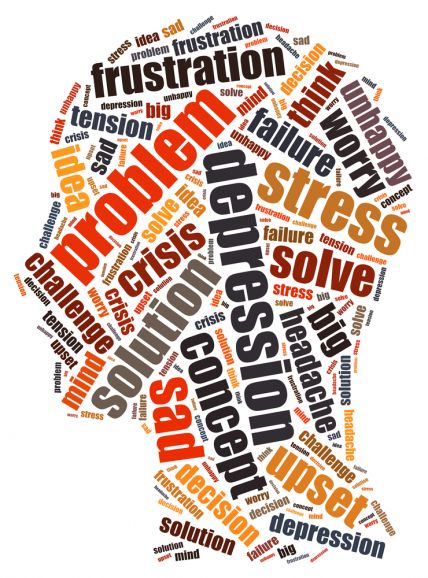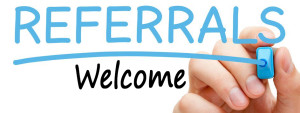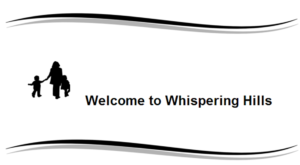
HIV and Mental Health
Receiving a diagnosis of HIV comes with an array of emotions. Initial feelings of shock and denial can turn to fear, guilt, anger, sadness, and a sense of hopelessness, some people even have suicidal thoughts. It is understandable that one might feel helpless and fear illness, disability, and even death. In fact, according to aids.gov, research proves that people who are living with HIV/AIDS often have mental health disorders like anxiety, depression, or mania.
The virus itself can affect your mental health. Some opportunistic infections (which occur when your immune system is damaged by HIV) can affect your nervous system and can lead to changes in behavior and functioning. Some illnesses, like dementia, can be associated with advanced cases of HIV disease. For these reasons, it is important to do a comprehensive evaluation of your mental health and well-being at the beginning of your treatment. It is also important to be open and honest with your healthcare provider about changes in the way you are thinking, or how you are feeling about yourself and life in general.
One thing that is certain, when living with HIV/AIDS, good mental health is essential for a successful treatment and for living a happy and healthy life. The first step of doing so is knowing that HIV can affect your mental health – and that there are resources available to help if you need it. So how do you know that it’s time to get help? Sometimes, you can notice a change in yourself—and, sometimes, the people around you are the ones who notice. Some changes that might be significant include:
- Experiencing “panic attacks”
- No longer finding enjoyment in activities which usually make you happy
- Withdrawing from social interaction
- Change in memory functioning
- Sleeping too much—or being unable to sleep
- Feeling “sad” or “empty” much of the time
- Feeling guilty
- Feeling tired all the time
Below are mental health diseases commonly associated with a diagnosis of HIV according to the American Psychiatric Association:
Depression
Depression is a serious medical condition that can be paralyzing to sufferers. It is twice as common in people with HIV as in the general population. Depression is characterized by the presence of most or all of the following symptoms: low mood, apathy, fatigue, inability to concentrate, loss of pleasure in activities, changes in appetite and weight, trouble sleeping, low self-worth, and, possibly, thoughts of suicide. There are many different types of treatments for depression, including antidepressants and specific types of psychotherapy, or “talk” therapy. Treatment, however, must be carefully chosen by a physician or a mental health professional based on the patient’s physical and mental condition.
Anxiety
Anxiety is a feeling of panic or apprehension, which is often accompanied by the physical symptoms of sweating, shortness of breath, rapid heart beat, agitation, nervousness, headaches, and panic. Anxiety can accompany depression or be seen as a disorder by itself, often caused by circumstances that result in fear, uncertainty, or insecurity. Each HIV patient and each experience of anxiety is unique and must be treated as such. Many drugs offer effective treatment, and many alternative remedies have proven useful, either alone or in combination with medication. Among them: muscle relaxation, acupuncture, meditation, cognitive behavioral therapy, aerobic exercise, and supportive group therapy.
Substance Use
Substance use is very common among those with HIV infection. Unfortunately, substance use can trigger and often complicate mental health problems. For many, mental health problems predate substance use activity. Substance use can increase levels of distress, interfere with treatment adherence, and lead to impairment in thinking and memory. Diagnosis and treatment by a psychiatrist or other qualified physician is critical because symptoms can mimic psychiatric disorders and other mental health problems. The idea that HIV is closely connected to substance abuse is not surprising to healthcare providers who have been working to care for people living with HIV for any length of time. But what many people don’t know is that substance abuse is significantly tied to both prevention AND treatment of HIV.
Cognitive Disorders
Direct or indirect effects of the HIV virus can affect brain functioning. Some medications used to treat HIV infection also can cause similar complications. In people with HIV infection or AIDS, these complications can have a significant impact on daily functioning and greatly diminish quality of life. Among the most common disorders are HIV-associated minor cognitive motor disorder, HIV-1-associated dementia complex, delirium, and psychosis. Signs of trouble may include forgetfulness, confusion, attention deficits, slurred or changed speech, sudden changes in mood or behavior, difficulty walking, muscle weakness, slowed thinking, and difficulty finding words.
Signs of any of these problems should be discussed with a physician immediately. New anti-HIV therapies in combination with psychiatric medication can reverse delirium and dementia and markedly improve cognition; however, special care must be taken to ensure that the drugs do not interact with HIV medications. Psychotherapy also can help patients understand their condition and adapt to their diminished level of functioning.
One of the hardest parts of having mental health issues is that you may not feel like seeking treatment or going to your appointments once you schedule them. If you are feeling this way, ask a friend or family member to help you make and keep your appointments. When you follow through, your mental health provider can help you feel better, and that can improve your chances of successful HIV treatment.






